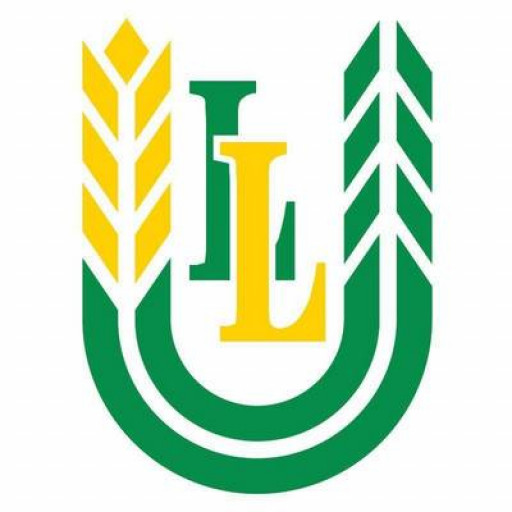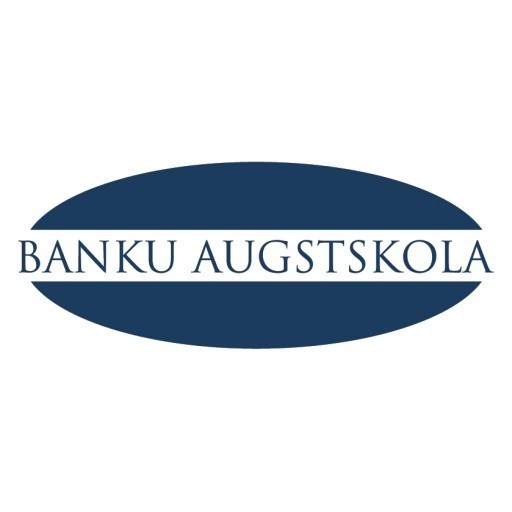Photos of university / #lluniversitate
Agri-Food Business Management at Latvia University of Life Sciences and Technologies offers a comprehensive curriculum designed to equip students with the essential knowledge and practical skills necessary for successful management in the agri-food sector. This programme integrates principles of business administration, agricultural sciences, and food industry management, providing students with a multidisciplinary perspective tailored specifically to the challenges and opportunities within the agriculture and food industries. Students will gain a deep understanding of the production, processing, marketing, and distribution of agricultural and food products, as well as the economic and regulatory environment that influences the sector. The programme emphasizes sustainable development, innovation, and entrepreneurship, encouraging students to develop innovative solutions to modern agri-food challenges. The coursework includes subjects such as agricultural economics, supply chain management, food safety and quality assurance, marketing strategies, financial management, and agribusiness planning. Practical training is an integral part of the programme, allowing students to apply their theoretical knowledge in real-world settings through internships, project work, and collaborations with industry partners. Graduates of Agri-Food Business Management are well-prepared for careers in farm management, food industry enterprises, consultancy, marketing, and policy development, among other fields. The programme aims to produce graduates who are capable of contributing to the sustainable development and competitiveness of the Latvian and international agri-food sector. With a focus on innovation, sustainability, and entrepreneurship, the programme fosters future leaders who can make informed decisions and drive progress within the industry. Offering a dynamic learning environment with modern facilities and experienced faculty, Latvia University of Life Sciences and Technologies helps students prepare for a successful career in an ever-evolving global food and agriculture marketplace.
Agri-Food Business Management is a joint degree programme that is implemented jointly by three leading life science universities in the Baltic States: Latvia University of Life Sciences and Technologies (Jelgava, Latvia), Aleksandras Stulginskis University (Kaunas, Lithuania) and Estonian University of Life Sciences (Tartu, Estonia).
The aim of the study programme is to provide students with knowledge and skills relevant for the requirements of the industry / labour market in agriculture and food processing industry, bio-economy, leadership, business and administration, finances, international marketing. After completion of the programme in addition to a joint diploma in public administration you will have unique experience from studies in international companies of the industry as well as professional contacts for the development of your future career.
- Academic Bachelor’s degree obtained in undergraduate studies or the second level higher professional education;
- Applicants with Bachelor’s degree or professional Bachelor’s degree in other specialities are expected to have the basic knowledge in management and economics;
- The requirement of the English language knowledge if your native language is not English: IELTS score 6.0, TOEFL score 547, TOEFL-iBT score 76.
The financing of the Agri-Food Business Management program at Latvia University of Life Sciences and Technologies is supported through multiple funding sources designed to ensure accessible education for both domestic and international students. The program offers various scholarship opportunities, including governmental scholarships, university-specific grants, and financial aid options aimed at assisting students with their tuition fees and living expenses. These scholarships are typically awarded based on academic achievement, financial need, or special criteria such as research potential or social contribution. In addition to scholarships, Latvia University of Life Sciences and Technologies participates in European Union funding programs, which may include Erasmus+ mobility grants and other regional development initiatives, to support student exchange and internship opportunities abroad.
For domestic students from Latvia, the state provides financial support schemes that may cover a portion of tuition fees, especially for those pursuing studies in priority fields such as agriculture and food industry. International students can access scholarships based on bilateral agreements, country-specific programs, or university-specific schemes designed to promote diversity and international cooperation. The university also encourages students to seek part-time employment opportunities both on and off-campus, which can help offset costs associated with studying and living in Latvia.
Furthermore, students enrolled in the Agri-Food Business Management program are often eligible for student loans facilitated through Latvian financial institutions, which offer favorable terms for higher education financing. These loans typically have deferred repayment options until graduation, and some may include interest rate subsidies or repayment discounts for students demonstrating academic excellence or social merit. The university's administration assists students in navigating these financial options by providing guidance and support through dedicated offices.
The overall financing structure aims to reduce barriers to education in the agri-food sector, aligning with Latvia University of Life Sciences and Technologies’ mission to foster skilled professionals capable of contributing to Latvia's agricultural and food industries. Additionally, the university continually seeks partnerships with governmental bodies, industry stakeholders, and private sector entities to expand funding opportunities, ensure the financial sustainability of the program, and promote access to education for a diverse student body.
Career opportunities for graduates are diverse and in wide range of areas. They can work in all kinds of agriculture or with food production related companies, in food processing companies, in banks or financial agencies, in agricultural consultancy firms, in research centres, in governmental and non-governmental organisations etc. on national or international level.

